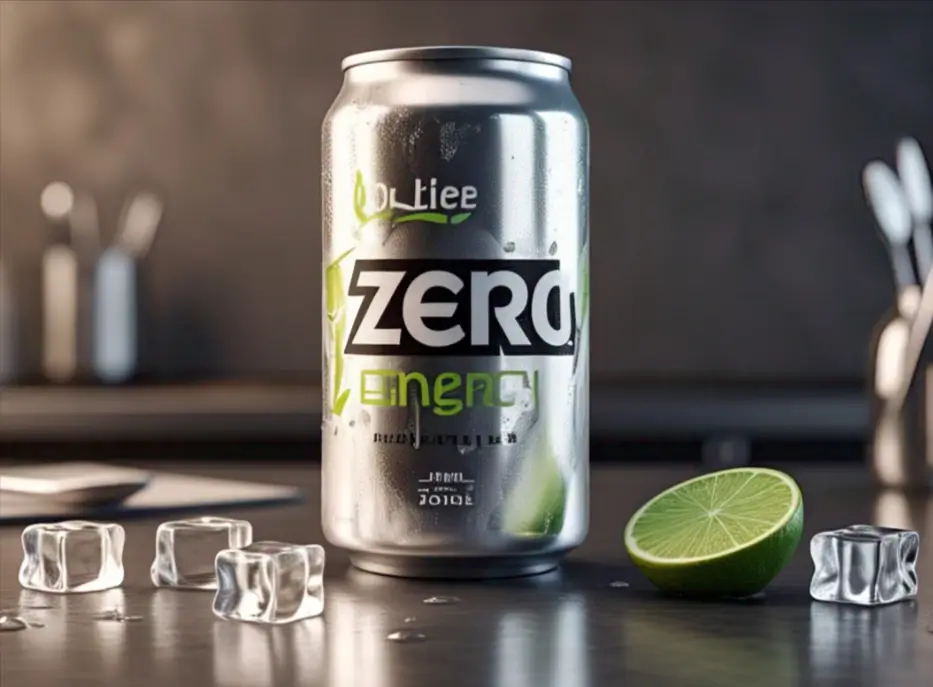12. Diet Soda or Zero-Calorie Energy Drinks

Reaching for a diet soda or zero-calorie energy drink first thing in the morning might seem like a harmless way to jumpstart your day without consuming calories, but mounting evidence suggests these beverages deserve reconsideration as breakfast companions. The combination of artificial sweeteners, caffeine, and acidic compounds on an empty stomach creates a problematic morning cocktail.
The artificial sweeteners in these beverages—typically aspartame, sucralose, or acesulfame potassium—have complex effects when consumed as your first morning intake. Research published in the journal Nature suggests these compounds may alter gut bacteria composition and potentially affect glucose metabolism. Morning consumption might amplify these effects, as these powerful sweetening agents interact directly with your digestive system after the overnight fasting period.
For those consuming these beverages for their caffeine content, morning timing introduces additional concerns. Caffeine consumed immediately upon waking can interfere with your body’s natural cortisol awakening response—the normal surge in this alertness hormone that helps you naturally rise from sleep. Studies from the American Academy of Sleep Medicine indicate that consuming caffeine during your natural cortisol peak may contribute to developing caffeine tolerance, potentially reducing its effectiveness when you might need it more later in the day.
The high acidity of both diet sodas and energy drinks (typically pH 2.5-3.5) creates another morning concern. Consuming strongly acidic beverages on an empty stomach can trigger digestive discomfort, particularly for those with sensitive gastric systems or conditions like GERD or acid reflux. This acidity may also temporarily affect tooth enamel, especially when consumed before morning hygiene routines.
For those watching their weight or metabolic health, the psychological impact of these beverages deserves consideration. Research from Purdue University suggests that regular consumption of artificially sweetened beverages may actually increase appetite and food consumption throughout the day for some individuals—a counterproductive effect for those choosing “zero-calorie” options to manage weight.
The carbonation in these drinks can also contribute to morning bloating and discomfort, as the gas bubbles expand in your empty stomach. This discomfort, combined with potential appetite stimulation effects, creates a problematic start to your nutritional day.
If you rely on caffeine to jumpstart your morning, consider transitions to less processed sources like black coffee or unsweetened tea. These provide the alertness benefits without artificial ingredients or extreme acidity. For those seeking flavor without sweetness, infused waters with cucumber, berries, or herbs provide refreshment while actually supporting hydration rather than potentially compromising it.
